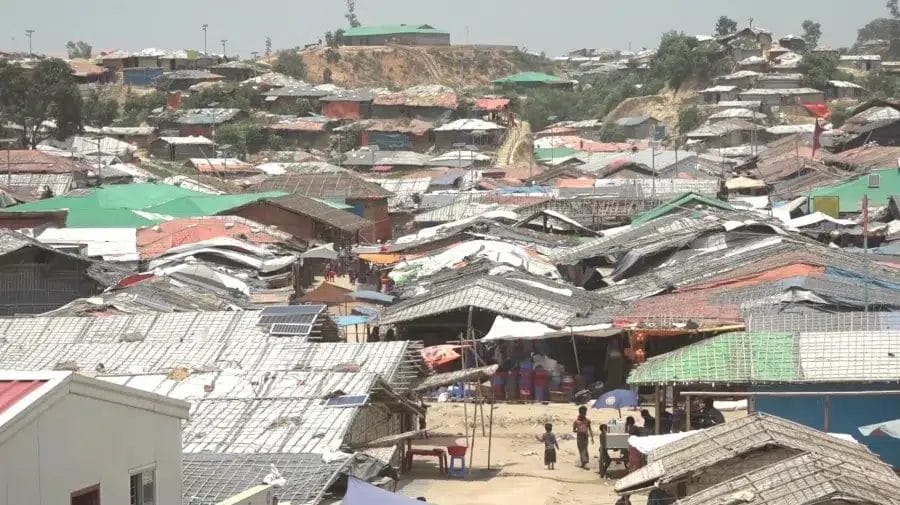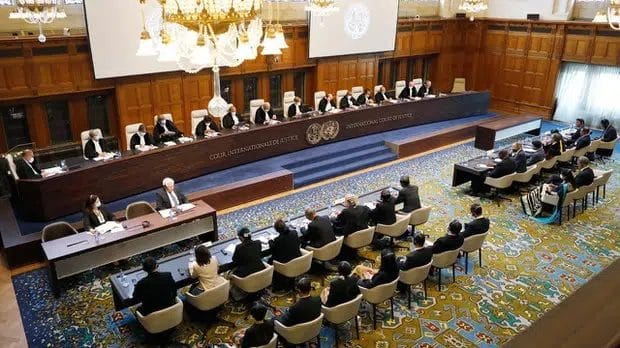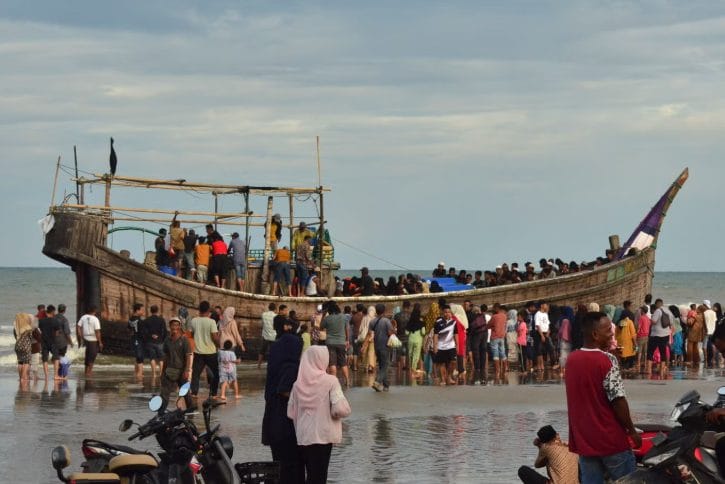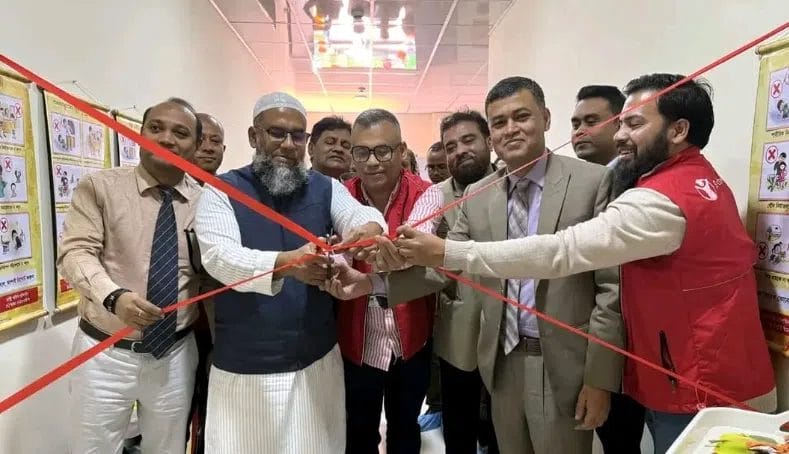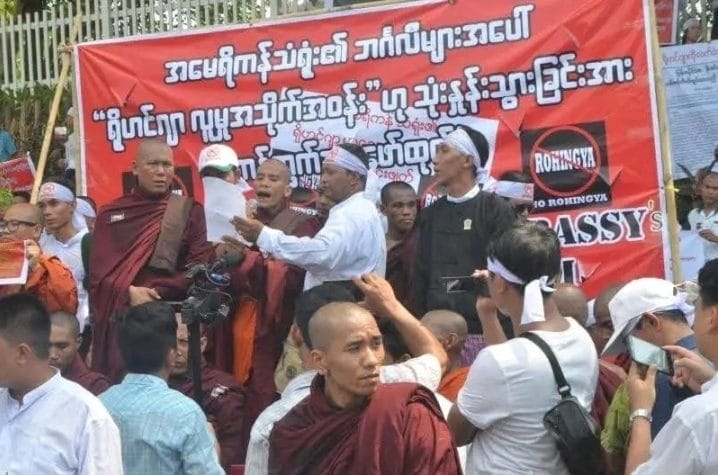Arakan News Agency | Exclusive
A new tragedy has shaken the Rohingya refugee camps in Cox’s Bazar after the body of a young Rohingya boy was found near the boundary of one of the camps, nearly a month after his mysterious disappearance.
According to the Arakan News Agency correspondent, residents discovered the child’s remains and clothing in a remote area, sparking shock and anger among the community, who described the incident as a brutal and inhumane crime.
The Rohingya have called on Bangladeshi authorities and international organizations to take urgent action to strengthen security inside the camps, increase night patrols, and establish effective mechanisms to ensure justice and protect children and women from recurring crimes.
Activists from the Rohingya community noted that the camps have long suffered from insecurity and increasing violence amid weak legal protection and lack of accountability, leaving refugees vulnerable to crimes and abuses.
The victim’s family vowed to continue seeking justice, urging authorities to arrest and prosecute those responsible. Camp residents expressed deep sorrow, stressing that the child’s case must become a turning point toward a safer and more humane environment for refugees.
Kidnapping incidents have recently increased in the Rohingya refugee camps of Cox’s Bazar. In one case, a young Rohingya girl was abducted, and her captors demanded a large ransom from her family. In another, the body of a Rohingya boy was found in June, one day after his abduction, when his family failed to pay the ransom.
There were also reports of a Rohingya youth being tortured after being kidnapped by unidentified men, and of a boy named Mohammed Arakan, whose kidnappers buried his body in the sand and sent photos to his family demanding ransom for his release. Another Rohingya youth, Abu Yusuf, recounted his own abduction and torture by unidentified assailants in the Bangladesh camps before his family paid ransom to secure his release.
More than one million Rohingya refugees currently live in the Cox’s Bazar area, having fled violence and persecution in Arakan State (Myanmar) following the military’s “genocidal campaign” in 2017. The United Nations describes Cox’s Bazar as the largest refugee camp in the world.

